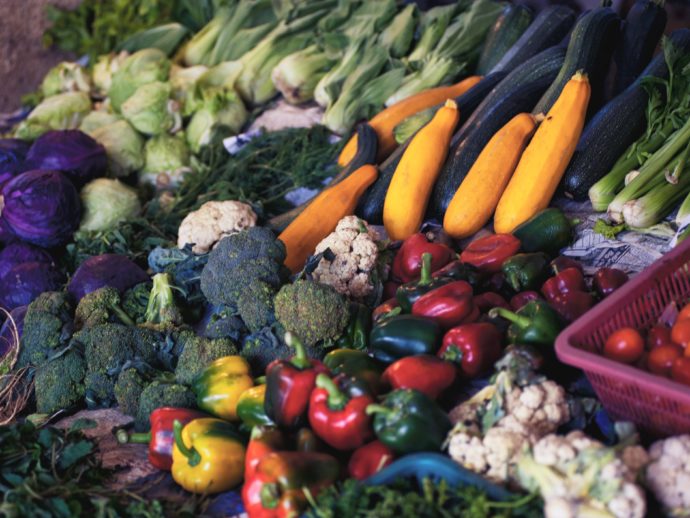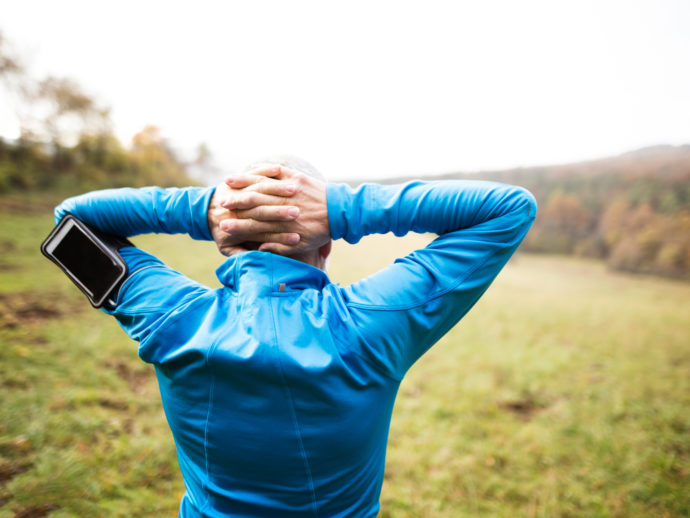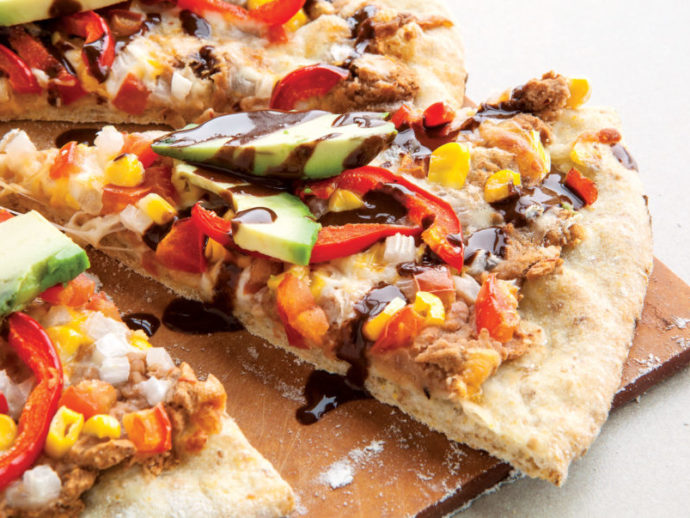
We’re living longer lives, so age-related concerns must remain on our radar. Breast cancer is one of those concerns, with a reported 80 percent of cases occurring in women over 50. The good news? You can do a lot with lifestyle choices to optimize your defences against cancer.
Cancer prevention 101
Some of the most potent cancer prevention strategies are found in the grocery store. Committing to a primarily plant-based diet—bursting with colorful veggies and fruits, fiber-full legumes and whole grains, plus omega-3-rich fish—may reduce breast cancer risk by an estimated 25 to 40 percent.
Engaging in moderate to vigorous exercise for three hours a week may temper your risk by a similar amount. Quitting smoking, limiting alcohol consumption and maintaining a healthy weight are also well-substantiated strategies to diminish risk.
Vitamin D
Vitamin D may provide a bit of extra anticancer insurance. The so-called sunshine vitamin may reduce your chances of getting cancer in the first place and boost your odds of surviving a cancer diagnosis. Women with higher blood levels of vitamin D may go on to develop less invasive forms of cancer.
Vitamin C
Vitamin C, an essential contributor to immune function, allergic response and skin healing, may also influence breast cancer. Women with higher levels of vitamin C at diagnosis are most likely to have successful treatment for their cancers.
Melatonin
Sleep is emerging as an important player in breast cancer. Melatonin, released by a gland in our brains during sleep, seems to put the brakes on cancer growth. Exposure to light can hinder the release of this hormone, possibly leading to higher cancer rates. A regular bedtime and a dark sleeping environment will boost natural levels, while supplementation may also be an excellent option for some, particularly night shift workers, who may produce less melatonin.
Fill your plate with these food fighters
Flax
Ground flaxseed may reduce breast cancer risk and may hinder cancer cell growth.
Fish
Eating fish rich in omega-3 fatty acids (like wild salmon and rainbow trout) is associated with a lower risk of breast cancer.
Cruciferous vegetables
Eating broccoli, Brussels sprouts, bok choy, cauliflower and kale may be especially helpful in preventing premenopausal breast cancer.
Resveratrol
Top up on blueberries, grapes and the odd treat of dark chocolate to capture the anticancer benefits of this compound.






